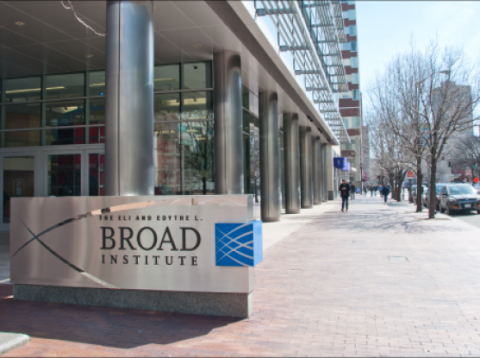The Broad Institute – Project Lead, Bill Sellers

Rare Cancer Dependency Map Initiative
Thanks to the generous support of our partner organizations, three years ago the Broad Institute of MIT and Harvard launched an initiative to address key knowledge gaps and accelerate therapeutic discovery across rare cancers. The ultimate goals of this effort, the Rare Cancer Dependency Map Initiative, are to (1) leverage our established fresh tissue acquisition pipeline for any patient with a rare cancer to donate living tissue for the derivation of patient models, and
(2) create a leading rare cancer translational research platform focused on systematically identifying drug repurposing hypotheses and genetic dependencies of rare tumors. At the end of these 3 years, we feel we have made significant progress among the consortium as a whole.
After three years of this Initiative, we’d like to express our gratitude for our partners’ support. The following 3 foundations were involved in providing research support for our Rare Cancer Dependency Map Initiative:
- ParaDifference Foundation
- PheoPara Alliance
- SDHB PheoPara Coalition
Pheochromocytoma and Paraganglioma Update – July 2022
Though we did not generate any long-term cancer cell models for pheo/para diseases, our ultimate goal was to apply the past 8 years of the CCLF team’s model derivation experience and determine the feasibility of growing cancer cell models for pheo/para (PCPG) diseases. To achieve this, we focused on onboarding and identifying high quality viable tumor samples as well as systematically iterating model derivation strategies.
Summary & Conclusion
Listed below is a summary of all milestones to date:
- We have established a tissue acquisition pipeline to rapidly acquire patient samples from the direct-to-patient mechanism through RCRF and have optimized the sample acquisition workflow with Dr. Arthur Tischler. Additionally, all 37 received samples have been fully genomic QC’ed to understand the sample quality and genomic driver events.
- After 3 iterations of rich-media designs in over 153 different conditions, we observed that several growing cultures can be propagated beyond passage 5. We are currently testing different strategies (2D/3D/coating/media boosting) to improve the likelihood of generating long-term cell models that can be shared with the research community in the near future.
- Using the CCLF cancer detection sequencing panel (400 cancer genes and copy numbers), two genomically verified PCPG cell models (currently at passage 10) are currently being expanded to potential long-term models.
We understand this has been a very challenging mission as there are no PCPG cancer cell lines in the world yet; therefore, we worked closely with Dr. Tischler’s group and iterated our strategies from other successful model generation attempts. More work is needed to be done, including optimizing the cell model propagation ability in reducing slow doubling time, in order to have a further understanding of the characterization of cell model fidelity, etc. We thank all three foundations for your wonderful partnership in these efforts for the past 3 years and the entire pheochromocytoma and paraganglioma community for their support of this project.